Talented Cricketers Whose Career Came To An End Due To Politics
Published - 31 May 2021, 12:00 AM | Updated - 23 Aug 2024, 12:47 AM
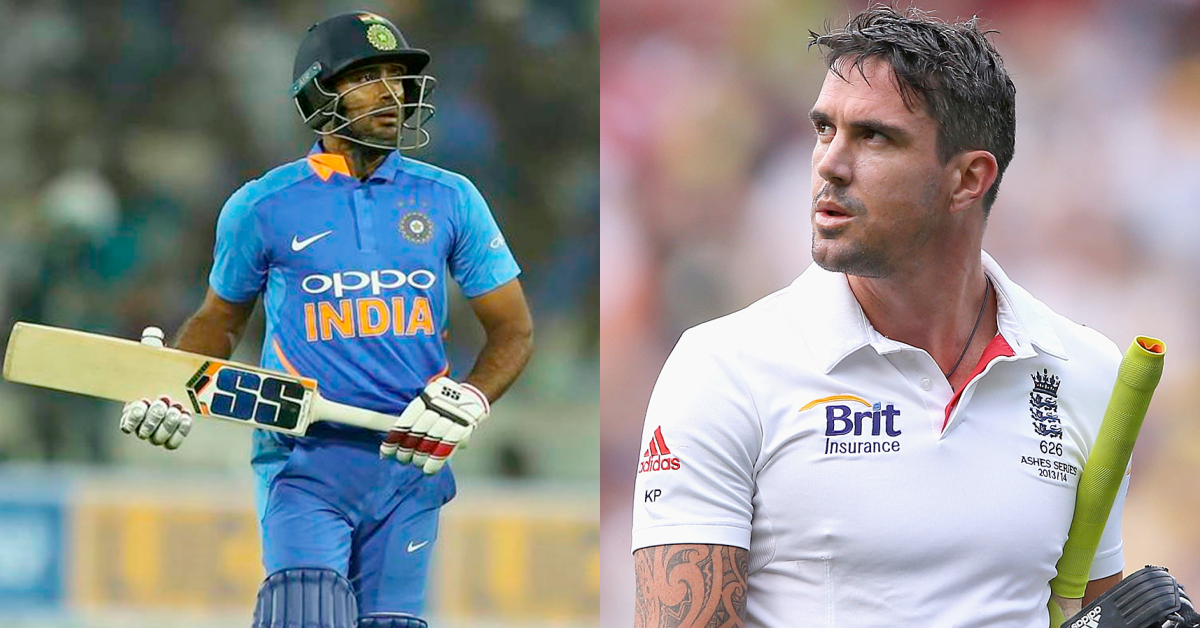
Table of Contents
Cricket, like every other sport, is a reflection of life. It represents the good, bad, and downright ugly side of life to the hilt.
Over the years, a plethora of cricketers has seen their careers cut short due to the politics surrounding their team or administration. That is not to say that it’s always the team or board politics that has led to so many promising careers curtailed. Sometimes, it is all the player in question who is at fault.
That said, if a cricketer is outrageously talented and assuming that he is not morally corrupt, the onus lies on the team management and the concerned board to find a way to get the best out of him/her for the greater good of the team.
On that note, here’s a look at a few talented Cricketers whose career got cut short due to politics in the team:
Basit Ali
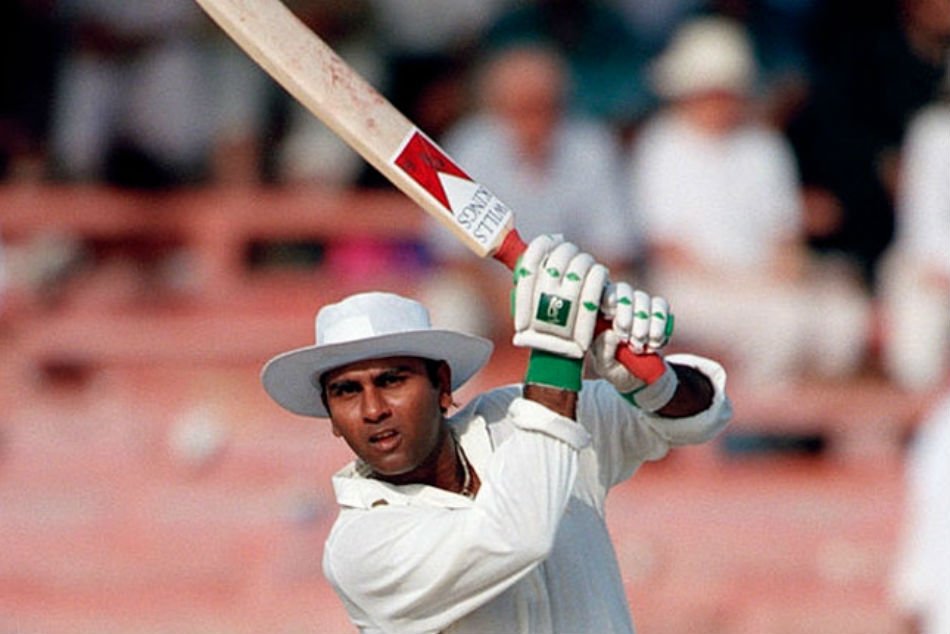
Hailed as an ideal replacement for the legendary Javed Miandad due to similarities in batting style and temperament, Basit Ali made his international debut in both formats for Pakistan at the age of 22, following the ouster of Miandad against the West Indies in 1993.
An aggressive batsman blessed with the ability to dominate both pacers as well as spinners, Basit Ali turned heads when he registered the then second-fastest ODI hundred (67 balls) against the West Indies later that year.
Basit Ali’s best performance in Test cricket came during the 1994 Test series against New Zealand. He scored a match-winning 154-ball 85 in the first Test at the Basin Reserve and backed it up with a brilliant 139-ball 103 and a fighting 111-ball 67 in the second innings where none of the other Pakistan batsmen got more than 26.
Ali’s career went through a slump during the 1995/96 season and he was eventually dropped from the team for the 1996 World Cup to make way for Javed Miandad.
However, as he later revealed, he made way for Javed Miandad on the veteran cricketer’s request, who wanted to make the record for the most number of World Cup appearances.
“I am going to share something you might not be aware of. I have been quiet because of my country. Miandad wasn’t included in the 1996 World Cup squad. His name wasn’t there initially. I was there in the 15-member squad. “But he came with a request to the players and said he wanted to play the World Cup. He asked us — who will give me his spot? He wanted to make the most World Cup appearances record. So, I pulled out. I was in my prime (in 1995 and 1996) at that time, but still I sacrificed my place because I respected Miandad,” Basit Ali told timesofindia.com.
Ali was never picked for Pakistan again, and with match-fixing rampant in Pakistan cricket, he, alongside wicketkeeper Rashid Latif, announced his retirement from international cricket at the age of 25.
Also Read: 5 Cricketers Who Came Out Of Retirement To Play For Their National Teams
Ambati Rayudu
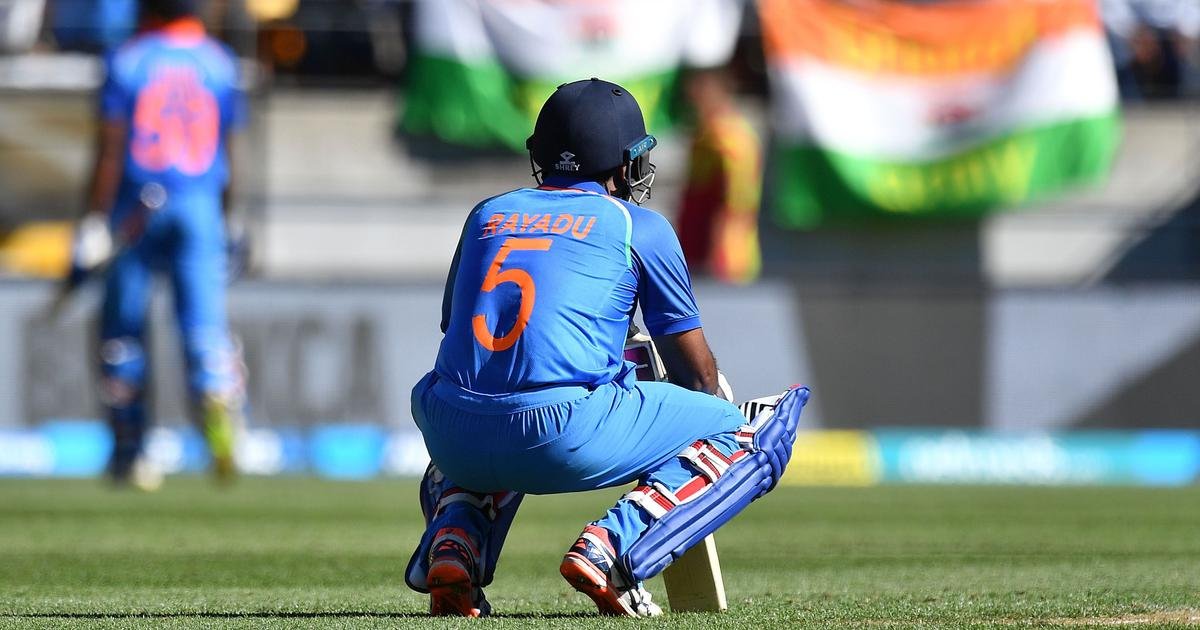
After having missed out on a World Cup spot in 2015, Ambati Rayudu looked all set to play his first-ever quadrennial event in 2019 following impressive performances at the No.4 spot.
However, poor performances against Australia on home soil in the lead-up to the event coupled with Vijay Shankar’s rise as an all-rounder meant that Rayudu was shockingly dumped from the World Cup squad with national selector MSK Prasad alluding to Shankar’s selection over him due to the former’s ‘3D’ skills.
A disgruntled Rayudu took a sarcastic dig at the selectors on Twitter and post the World Cup, the enigmatic cricketer announced his retirement from professional cricket.
He, however, did a U-turn soon afterward and continues to play domestic cricket. However, with age not on his side, he is unlikely to ever play for India again.
Also Read: Instances When Cricketers Could Not Control Their Emotions On The Field
Simon Katich
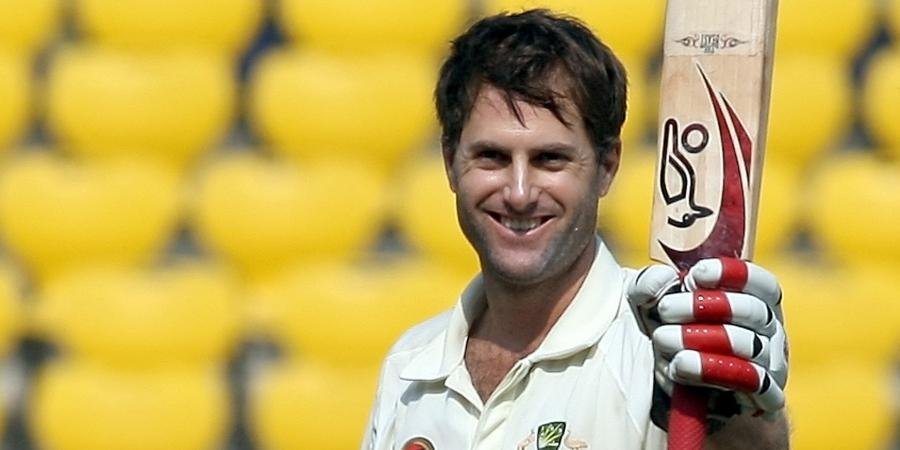
A left-handed batsman with an unorthodox batting stance blessed with a penchant to score daddy hundreds, Simon Katich will forever remain one of the unfulfilled stories in Australian cricket.
Having made his Test debut against England during the 2001 Ashes, Simon Katich couldn’t establish a regular spot in the power-packed Aussie middle-order despite some brilliant performances during the first 6 years of his career as the Ponting-led unit went with the aggressive Andrew Symonds.
It was only after he was promoted to the top of the order following the retirement of Matthew Hayden and Justin Langer that the Western Australian finally nailed down a permanent spot.
Katich scored 6 Test hundreds in 16 innings and formed a potent opening combination with Shane Watson. His career, however, came to a screeching halt after he was ruled out due to injury during the 2010 Ashes series on home series.
In 2011, Katich was dropped from the central contract list and the argument given by the Aussie cricket establishment was that they were looking to blood in a young opener in Phil Hughes.
However, many believe that it was Katich’s ugly spat with Michael Clarke in the dressing room following the Test win against South Africa in Sydney (2009) that had a role in him getting dumped as soon as the latter took over in 2011.
A disgruntled Katich lashed out at the management and while he continued to play domestic cricket, he never announced his retirement from international cricket.
Also Read: 5 Pakistan Cricketers Who Have Already Played In The IPL
Andy Flower and Henry Olonga
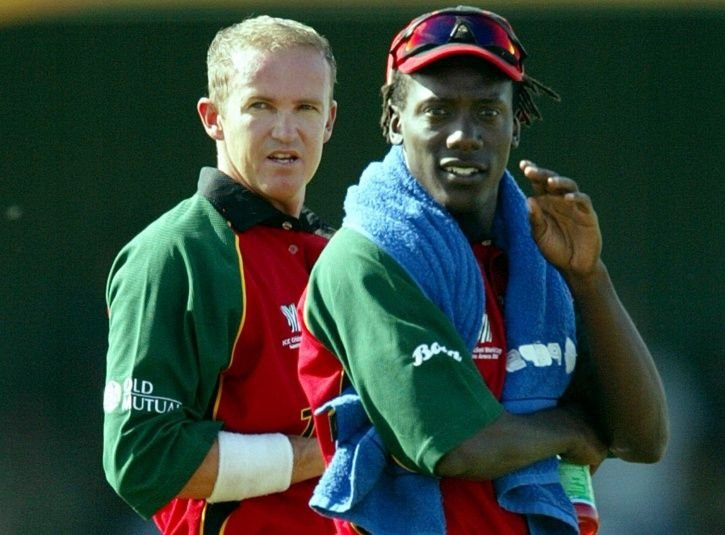
The 2003 World Cup proved to be a watershed moment for Zimbabwe cricket as a number of high-profile cricketers including Andy Flower and Henry Olonga calling time on their international career.
The decision was influenced by the controversial pro-racism quota system rolled out by then-dictator Robert Mugabe during the 2001-02 season.
The system essentially meant that a certain number of black players had to be selected in the playing 11. As a mark of protest against the ‘death of democracy’, Andy Flower and Henry Olonga decided to take a stand against it by wearing black armbands during the 2003 World Cup.
With their lives endangered following a revolt from a section of the community that believed in Mugabe’s policies, Andy Flower announced his retirement during the tournament while Henry Olonga followed suit shortly afterward.
While Andy Flower was 35-year-old at the time of his retirement, Henry Olonga was just 27-years-old and he certainly could have played a good decade of cricket.
Following his retirement, while Andy Flower took up a county contract with Essex, Olonga went into hiding after an arrest warrant was issued against him on grounds of treason. He fled to England and in the following years, the fast bowler forged a successful career in singing.
Not only Flower and Olonga, a whole host of cricketers which includes Heath Streak, Alastair Campbell, Grant Flower called time on their international career soon after the World Cup.
Also Read: Indian Cricketers And Their Lavish Houses
Kevin Pietersen
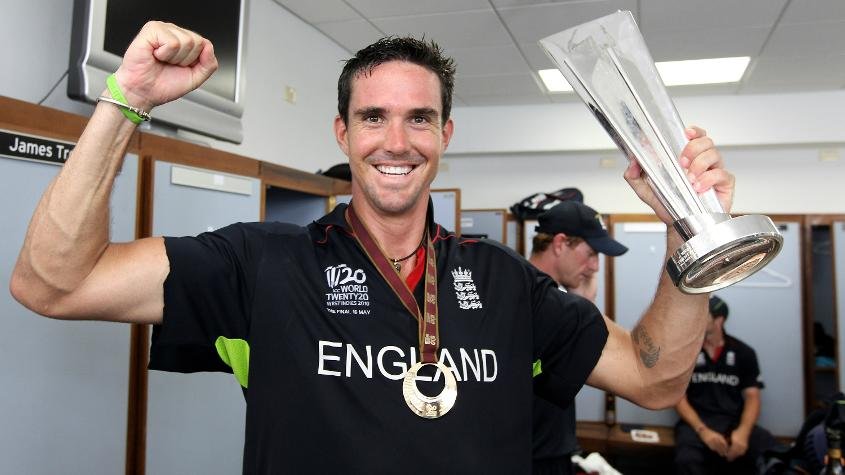
A flamboyant cricketer, an enigma, a genius with the bat, a polarizing figure, Kevin Pietersen will go down in history as one of the most controversial cricketers of all times.
In an era where English cricket was reluctant in embracing the IPL, Pietersen often voiced his support for the cash-rich league and hence rubbed a lot of bigwigs at the ECB, the wrong way.
Nevertheless, Pietersen, through his sheer weight of runs continued to be an important part of the English team.
The breaking point, however, came during the 2012 home series against South Africa where was alleged of sending messages to the rival team in what came to be known as the ‘Textgate scandal’.
Petersen played one of his greatest innings during the Headingley Test but it was his text messages to the Proteas team that hugged all the limelight and the England superstar was dumped from the team for the succeeding T20 World Cup.
Later in his autobiography, Pietersen revealed that he was distraught and isolated after he found out that some of his teammates were involved in running a parody Twitter account “KP Genius”
He clarified that the only reason behind him texting South African cricketers during the series because they were his “mates”.
Petersen, however, was integrated into the team for the tour of India, where he played a stellar role in helping the visitors script a historic Test series win. His 186 on a raging turner in Mumbai is regarded as one of the greatest Test innings played by an overseas batsman on Indian soil.
However, KP’s relationship with several English teammates continued to deteriorate and the breaking point finally came following England’s shambolic 0-5 defeat in Australia in the winter of 2013/14.
Petersen was dumped from the team, never to be recalled again.
Also Read: 7 Cricketers Who Got Injured In A Bizarre Manner
Sourav Ganguly
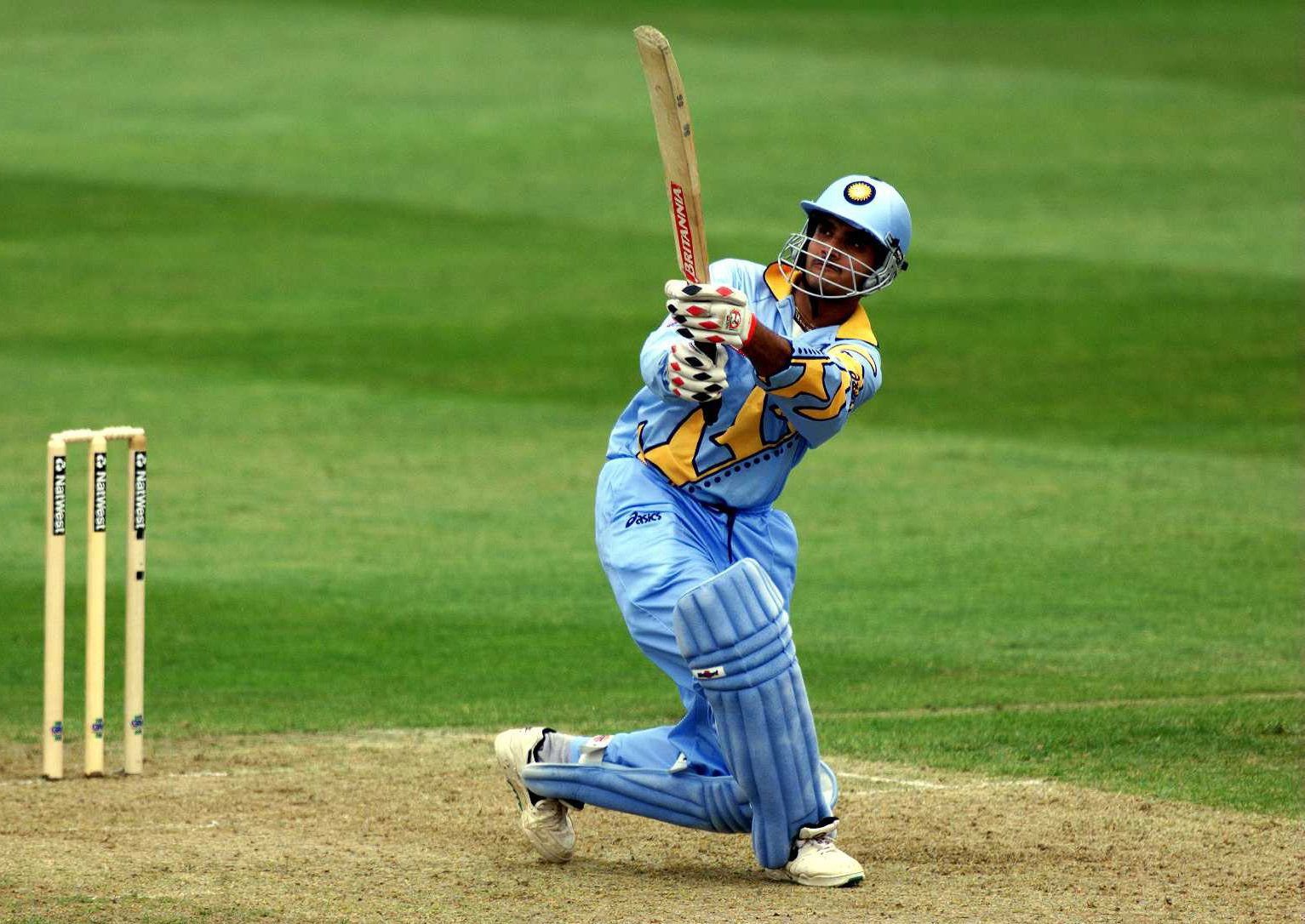
Sourav Ganguly had made a brilliant come back to the Indian team after having been dumped from their on the behest of the than coach Greg Chappell in 2005.
He was India’s highest run-getter across formats in 2007- 2226 runs in 47 innings at an average of 50.59 with 15 50s and three hundreds- and was averaging 45.03 in 21 Test since his comeback in 2006.
Yet, Ganguly dropped a bombshell on the eve of the 2008 Border-Gavaskar Trophy on home soil when he announced that he will be retiring from all cricket at the end of the series.
So, what was the reason behind his sudden announcement? Years later, Ganguly, in his autobiography ‘A century is not enough’, revealed that he decided to retire as the selectors were constantly putting him on trial for a place in the team.
Despite just one poor series against Sri Lanka, the Dilip Vengsarkar-led selection committee dropped the former captain from the Rest of India squad ahead of the Test series against Australia.
“I had been left out of the Rest of India squad, which is a clear indicator of how the selectors feel about you. Me dropped? The Asian batsman and player of the year left out from a Rest of India team, I asked myself. After having scored consistently for the last three and a half years for India? But why? It can’t have been my skill as I had only failed in one series in Sri Lanka where, apart from one batsman, none of my colleagues had done well. Yet they had all got picked,” wrote Ganguly.
A disgruntled Ganguly decided to play in a relatively unknown tournament to send a stern message to the selectors.
“Around that time I could only think of one cricket tournament that was coming up, the JP Atrya Memorial Trophy in Chandigarh… I called M.P. Pandove, the lifeblood of the Punjab Cricket Association, to tell him I desperately needed a team to play. He was of immense help and quietly obliged me even though my request had come in at the last minute.” he recalled.
“It was the seven toughest days of my cricketing career,” Ganguly added.
He was eventually selected for the first two Tests of the series and that was a clear indication foy on where he stood in the mind ofHe was clearly not going to let others decide his future, and hence came the decision to call time on his career.
“I wouldn’t let anyone else decide my future anymore. I wouldn’t go through the ordeal again. I had had enough! Yes, I was angry. After reaching Bengaluru I informed Kumble that my mind was made up and I would announce shortly,” revealed Ganguly.
Even though he registered a duck in his final innings, Sourav Ganguly had a stellar last series as he smashed 324 runs in 8 innings at an average of 54 with one fifty and one hundred.











